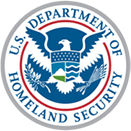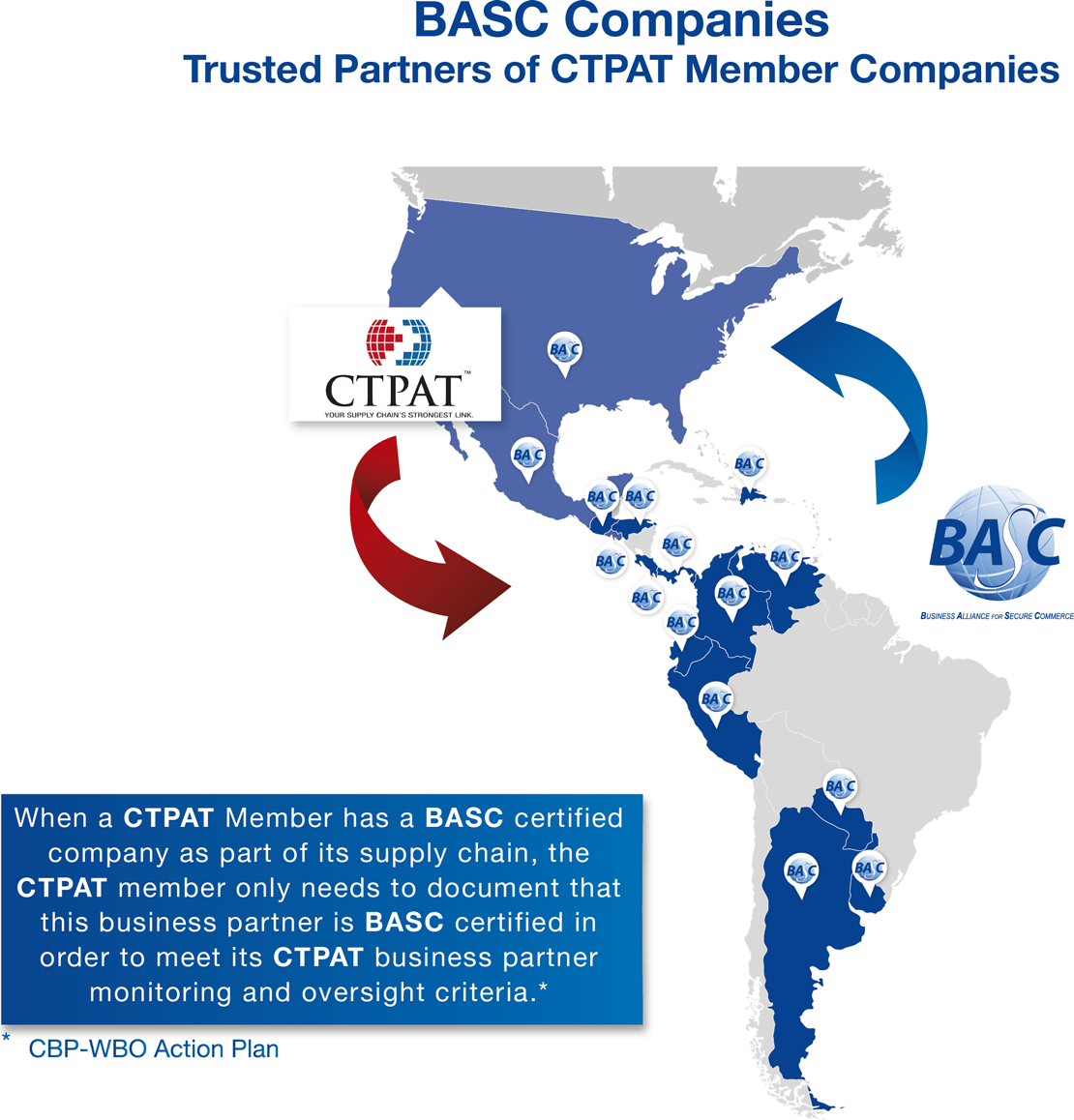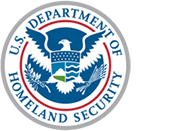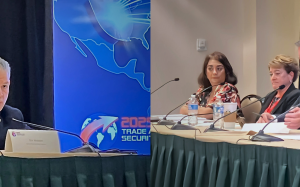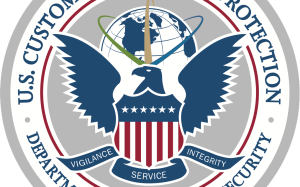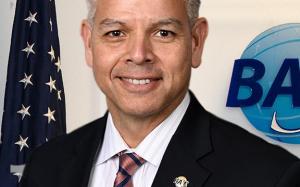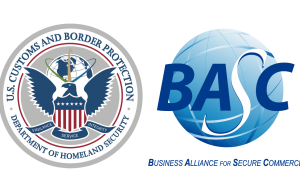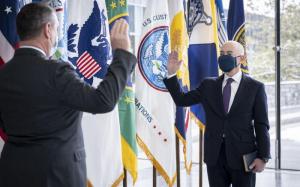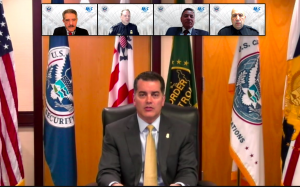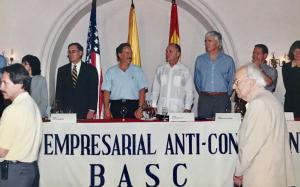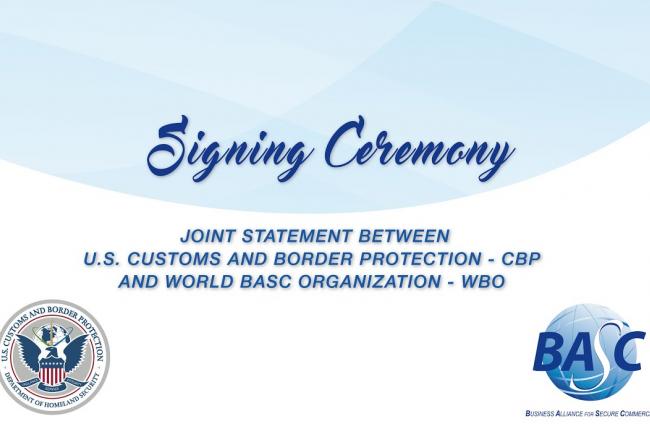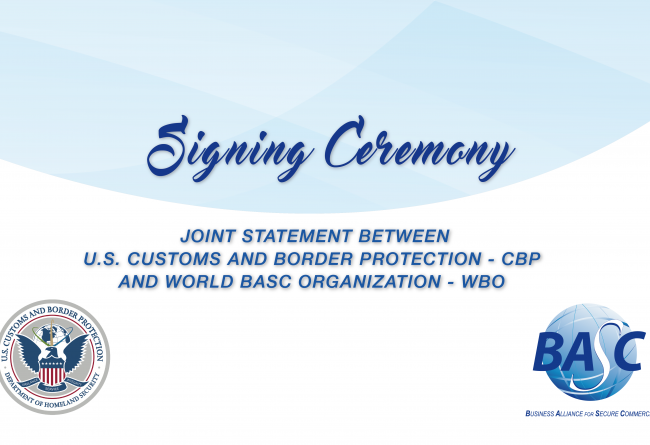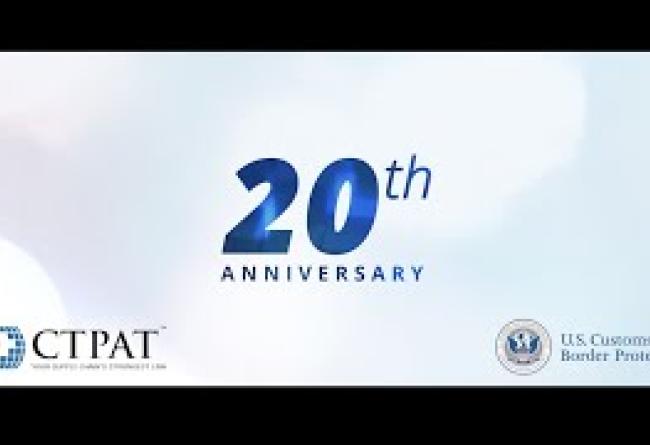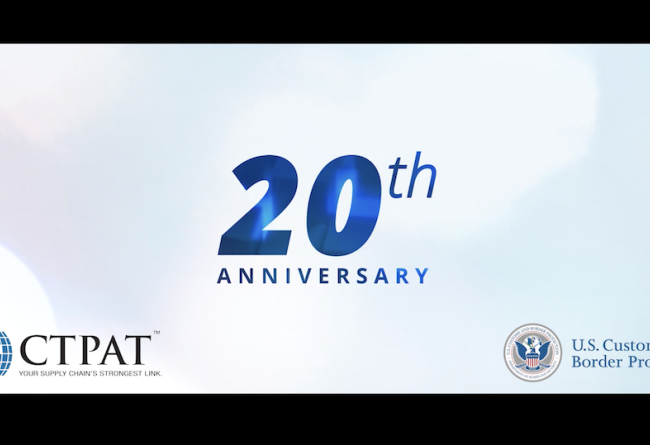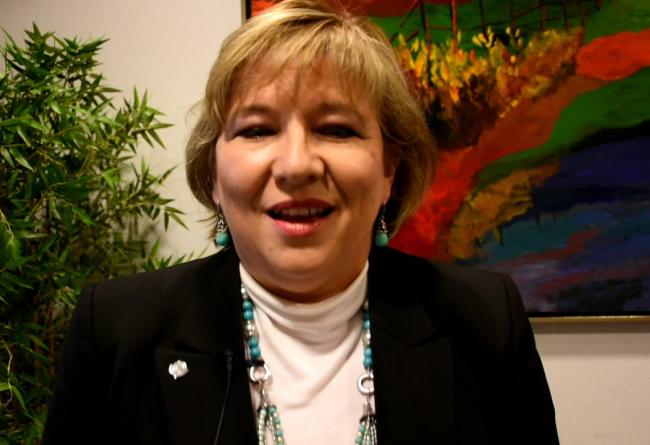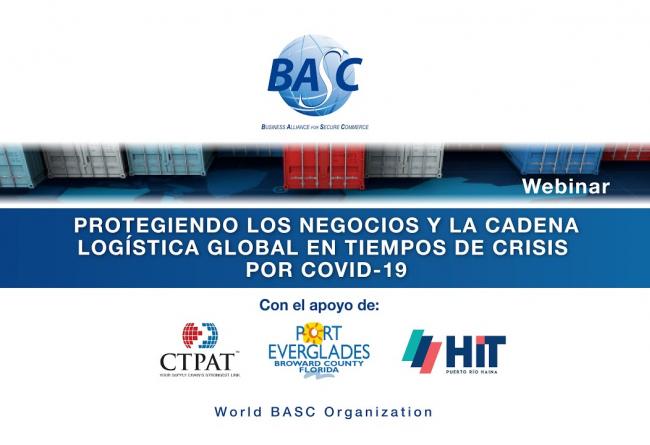Read more
About CBP
With more than 60,000 employees, U.S. Customs and Border Protection, CBP, is one of the world's largest law enforcement organizations and is charged with keeping terrorists and their weapons out of the U.S. while facilitating lawful international travel and trade.
As the United States’ first unified border entity, CBP takes a comprehensive approach to border management and control, combining customs, immigration, border security, and agricultural protection into one coordinated and supportive activity.
MISSION STATEMENT
Why CPB exists…
To safeguard America's borders thereby protecting the public from dangerous people and materials while enhancing the Nation's global economic competitiveness by enabling legitimate trade and travel.
VISION STATEMENT
What the Agency aspires to become…
To serve as the premier law enforcement agency enhancing the Nation's safety, security, and prosperity through collaboration, innovation, and integration.
CTPAT: Customs Trade Partnership Against Terrorism
Customs Trade Partnership Against Terrorism (CTPAT) is but one layer in U.S. Customs and Border Protection’s (CBP) multi-layered cargo enforcement strategy. Through this program, CBP works with the trade community to strengthen international supply chains and improve United States border security. CTPAT is a voluntary public-private sector partnership program which recognizes that CBP can provide the highest level of cargo security only through close cooperation with the principle stakeholders of the international supply chain such as importers, carriers, consolidators, licensed customs brokers, and manufacturers. The Security and Accountability for Every Port Act of 2006 provided a statutory framework for the CTPAT program and imposed strict program oversight requirements.
How CTPAT Works
When an entity joins CTPAT, an agreement is made to work with CBP to protect the supply chain, identify security gaps, and implement specific security measures and best practices. Applicants must address a broad range of security topics and present security profiles that list action plans to align security throughout the supply chain.
CTPAT members are considered to be of low risk, and are therefore less likely to be examined at a U.S. port of entry.

